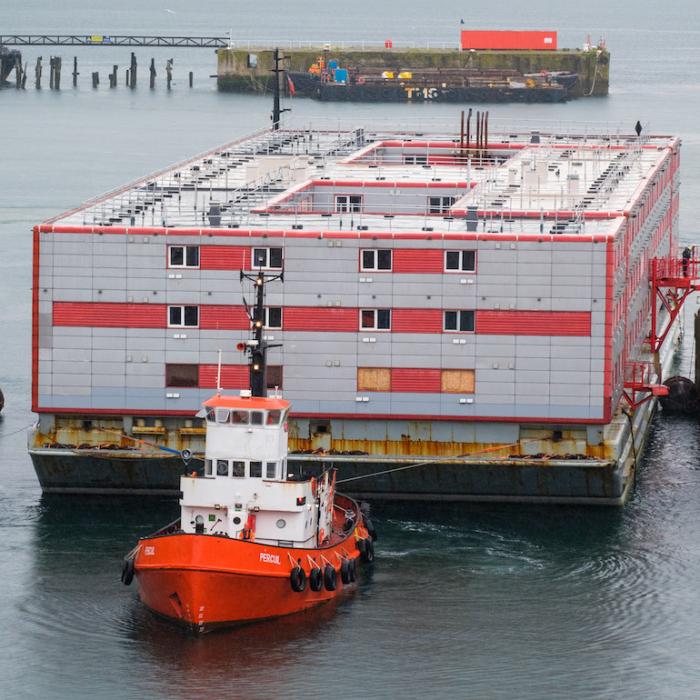Asylum housing providers have made higher profits from hotel use than other accommodation types, but have yet to return excess earnings to the taxpayer, MPs have heard.
Private companies such as Clearsprings Ready Homes, Serco, and Mears Group deliver these housing services.
The UK’s asylum system uses two types of housing: dispersed accommodation (DA), which is longer-term housing like shared flats managed by contractors, and contingency accommodation, such as hotels or temporary sites used when standard housing runs short.
The financial burden of these arrangements has grown significantly.
Hotel Dependency Under Fire
The committee focused heavily on the continued use of hotels, which now account for 76 percent of annual spending on asylum accommodation, despite housing just 35 percent of people in the system.Liberal Democrat MP Paul Kohler noted that when the migrant accommodation contracts were determined, the assumption would be most of it being dispersed accommodation.
“Vast amounts are now going to far more expensive contingent hotels, the costs are higher. Therefore 7 percent of that higher turnover is a huge bonus to you, isn’t it, in comparison to what was assumed to be the case when the contracts were first established?” he said.
Steve Lakey, managing director of Clearsprings, admitted that hotels are more profitable than other accommodation types, but insisted they were only ever intended as a temporary solution.
“There is a big push and lots of work to try and reduce the hotels and increase the dispersal accommodation,” he told the committee.
Claudia Sturt of Serco and Jason Burt of Mears echoed the view that hotels were introduced under emergency conditions during the COVID-19 pandemic and should be phased out. Still, they admitted they remain a key part of the system today owing to ongoing pressures and lack of other available accommodation.

Providers Acknowledge Profit Margins
Under the UK’s asylum accommodation contracts, providers like Clearsprings, Mears, and Serco have a profit-sharing threshold. If their profits exceed the 5percent cap, the excess must be returned to the Home Office.Clearsprings confirmed that its profit margin had reached 6.9 percent and said £32 million was set aside to be returned, pending audit.
Mears said it expects to return £13.8 million, also awaiting final clearance, while Serco said it has not yet triggered profit-sharing under its contract.
Despite these acknowledgements, MPs criticised the lack of actual payments made to date.
“You haven’t paid a pound back into the Home Office,” said Labour MP Shaun Davies.
The providers pointed out that the mechanism for paying back is driven by the Home Office, which is still auditing their accounts.
Committee members also questioned Clearsprings about the personal wealth of its founder, Graham King, who appeared on the Sunday Times Rich List after a 35 percent rise in his net worth.
Regional Disparities
MPs also questioned the uneven geographic spread of asylum housing, particularly the concentration in London and the southeast.Lakey explained that the majority of arrivals come into the southeast, mainly through Kent and Croydon intake units, and around airports where they have the most hotel availability.
Providers said they must follow Home Office dispersal plans, which limit how many asylum seekers can be housed per capita in each area.
They praised European models in countries like Switzerland, Germany, and Austria, where local authorities handle housing and integration, suggesting that such devolved systems are more responsive and effective.
According to the latest figures, the number of people accommodated under asylum housing schemes has more than doubled, from around 47,000 in December 2019 to approximately 110,000 in December 2024.







